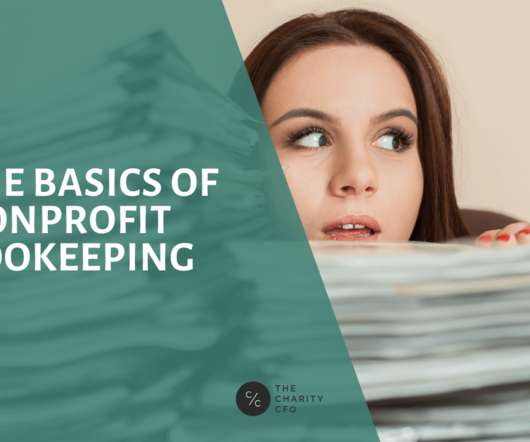Capitalising on the Fintech apps in APAC
Future CFO
AUGUST 1, 2023
The demand for mobile wallets, online banking services, and the increasing adoption of digital technologies has led to the expansion of the financial applications market in Asia/Pacific. Companies are increasingly seeking secure and compliant solutions to manage their financial data.















Let's personalize your content